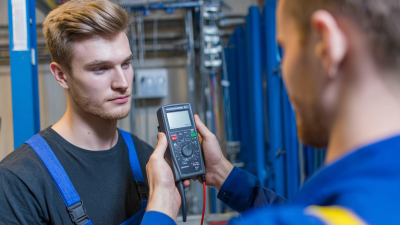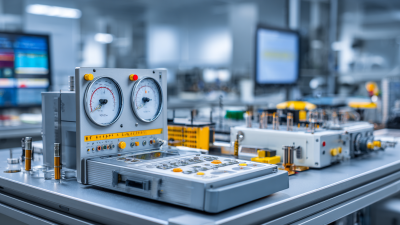5 Reasons Why Precision Devices Are Essential for Modern Manufacturing Success
In the rapidly evolving landscape of modern manufacturing, the integration of precision devices has become more critical than ever. A report from the International Society for Advancement of Material and Process Engineering (SAMPE) indicates that industries utilizing high-precision technologies have experienced a 20% increase in productivity and a 15% reduction in waste. These impressive statistics underscore the essential role that precision devices play in enhancing efficiency, improving product quality, and driving innovation. As manufacturers face global competition and a growing demand for customized products, the reliance on precision devices not only streamlines operations but also ensures consistency and reliability in the final output. This blog will explore five crucial reasons why precision devices are indispensable for achieving success in today’s manufacturing ecosystem, highlighting their impact on quality control, cost management, and overall operational excellence.
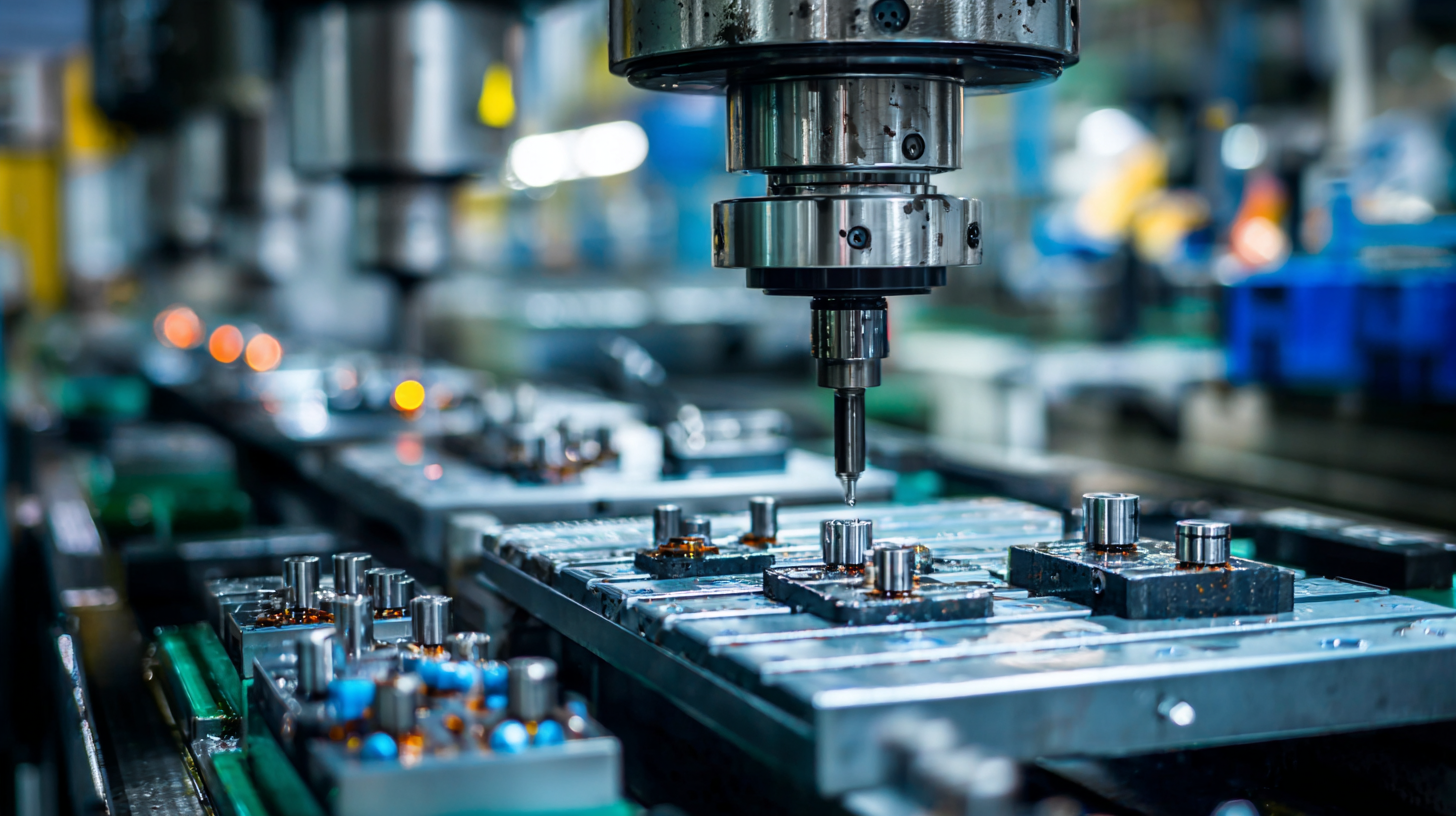
Advantages of Precision Devices in Streamlining Production Processes
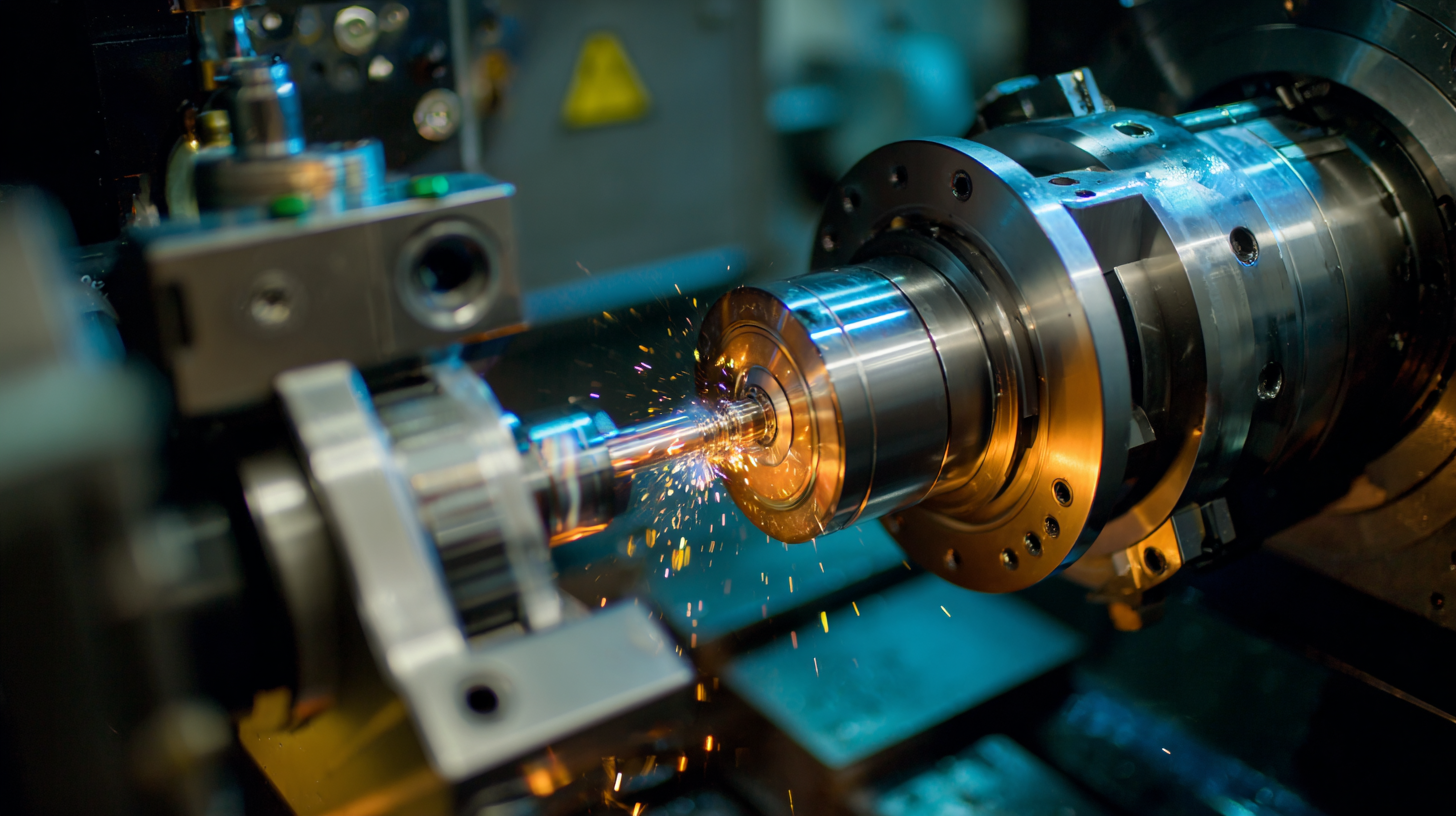 Precision devices are revolutionizing modern manufacturing by significantly streamlining production processes. One of the primary advantages of these devices is their ability to enhance accuracy. In manufacturing, even a slight deviation can lead to substantial quality issues and increased waste. Precision devices ensure that every component is produced to exact specifications, thereby reducing the need for rework and ensuring that products meet the highest standards.
Precision devices are revolutionizing modern manufacturing by significantly streamlining production processes. One of the primary advantages of these devices is their ability to enhance accuracy. In manufacturing, even a slight deviation can lead to substantial quality issues and increased waste. Precision devices ensure that every component is produced to exact specifications, thereby reducing the need for rework and ensuring that products meet the highest standards.
Furthermore, precision devices contribute to increased efficiency within production lines. Automated systems and tools that utilize precision technology facilitate quicker adjustments and modifications, minimizing downtime. This rapid adaptability allows manufacturers to respond swiftly to changing demands, ultimately leading to a more agile production process. Additionally, the integration of precision devices can optimize resource usage, ensuring that materials are utilized effectively and costs are minimized.
The benefits extend beyond mere production efficiency; the implementation of precision technology fosters innovation. By leveraging advanced tools and machines, manufacturers can explore new design possibilities and techniques, empowering them to stay competitive in a constantly evolving market. The prevalence of precision devices heralds a new era in manufacturing, where speed, quality, and creativity are no longer mutually exclusive.
Impact on Quality Control: Ensuring Consistency and Reducing Errors
In the landscape of modern manufacturing, precision devices play a critical role in quality control. These advanced tools not only enhance the accuracy of measurements but also ensure that products meet stringent specifications. By deploying high-precision devices, manufacturers can maintain consistency across production batches, which is essential for meeting customer expectations and regulatory standards. The integration of precision technology minimizes variations in the manufacturing process, allowing for a seamless flow from design to finished product.
Moreover, precision devices significantly reduce the likelihood of errors that can be costly and time-consuming to rectify. Automated systems equipped with precision measurement capabilities can quickly identify deviations from desired tolerances, enabling real-time adjustments. This proactive approach reduces waste and rework, ultimately leading to higher efficiency and lower costs. As the demand for quality increases, the reliance on precision devices in quality control becomes not just advantageous, but essential for sustaining a competitive edge in the market.
Impact of Precision Devices on Quality Control in Manufacturing
Enhancing Efficiency: How Precision Devices Optimize Resource Utilization
Precision devices have become a cornerstone of modern manufacturing, playing a vital role in enhancing operational efficiency and optimizing resource utilization. According to a market analysis by Research and Markets, the global precision manufacturing market is projected to grow to $800 billion by 2025, driven by advancements in technology and a rising demand for high-quality products. By integrating precision devices, manufacturers can reduce material waste and increase production rates, leading to significant cost savings and improved profitability.
Utilizing these devices helps streamline operations through automation and real-time monitoring, ensuring that every aspect of the production process is finely tuned. For instance, firms that have adopted precision tools report an increase in productivity by up to 30%, as highlighted in a survey by the International Journal of Advanced Manufacturing Technology. This not only maximizes resource utilization but also enables manufacturers to respond swiftly to market changes, ultimately fostering a more resilient supply chain.
**Tip:** Implementing regular maintenance schedules for precision devices can prevent unexpected downtime, ensuring continuous operation and maximizing output.
**Tip:** Investing in employee training on the use of precision technology can significantly improve proficiency and efficiency, further optimizing resource utilization.
5 Reasons Why Precision Devices Are Essential for Modern Manufacturing Success
| Dimension | Details |
|---|---|
| Increased Precision | Precision devices ensure that parts are manufactured to exact specifications, reducing waste and rework. |
| Cost Efficiency | By optimizing resource utilization, precision devices lower overall production costs. |
| Enhanced Product Quality | High precision leads to better quality products, increasing customer satisfaction. |
| Faster Production Times | Automation and precision cut down production time significantly. |
| Scalability | Precision devices allow for easy scaling of production while maintaining high quality standards. |
Facilitating Innovation: The Role of Precision in Advancing Manufacturing Technologies
Precision devices play a pivotal role in facilitating innovation within modern manufacturing technologies. As industries strive to keep pace with rapid advancements, the demand for accuracy and efficiency has never been greater. Precision instruments ensure that each component is manufactured to exact specifications, which not only enhances product quality but also reduces waste. This meticulous attention to detail fosters a continuous cycle of improvement, enabling manufacturers to refine their processes and adopt new technologies seamlessly.
Moreover, the integration of precision devices empowers manufacturers to experiment and innovate freely. With precise measurements and controls, engineers and designers can test new materials and designs without the fear of compromising quality. This capability is crucial for developing cutting-edge products that meet the ever-evolving needs of consumers. As a result, precision tools not only support manufacturing excellence but also catalyze the overall growth of industries by making it easier to push boundaries and pursue new ideas.
Cost-Benefit Analysis: Long-Term Savings from Investing in Precision Tools
In the realm of modern manufacturing, precision devices have emerged as indispensable assets, particularly when evaluated through a cost-benefit lens. Investing in high-quality precision tools may initially seem like a significant expense, but the long-term savings they offer can be substantial. By minimizing errors and enhancing efficiency, these tools reduce material waste and improve production timelines, ultimately leading to lower operational costs. Manufacturers that prioritize precision not only experience enhanced product quality but also boost their reputation in competitive markets, resulting in increased customer loyalty and repeat business.
Moreover, precision devices facilitate greater automation in the manufacturing process, reducing labor costs and minimizing the likelihood of human error. As businesses embrace Industry 4.0, the demand for accuracy and reliability grows, making precision tools more critical than ever. Companies that invest upfront in precision technology can expect reduced maintenance costs over time, as these devices are often built with durability in mind. In conclusion, the calculated investment in precision devices pays dividends, manifesting in both immediate financial benefits and sustainable manufacturing practices that support long-term success.
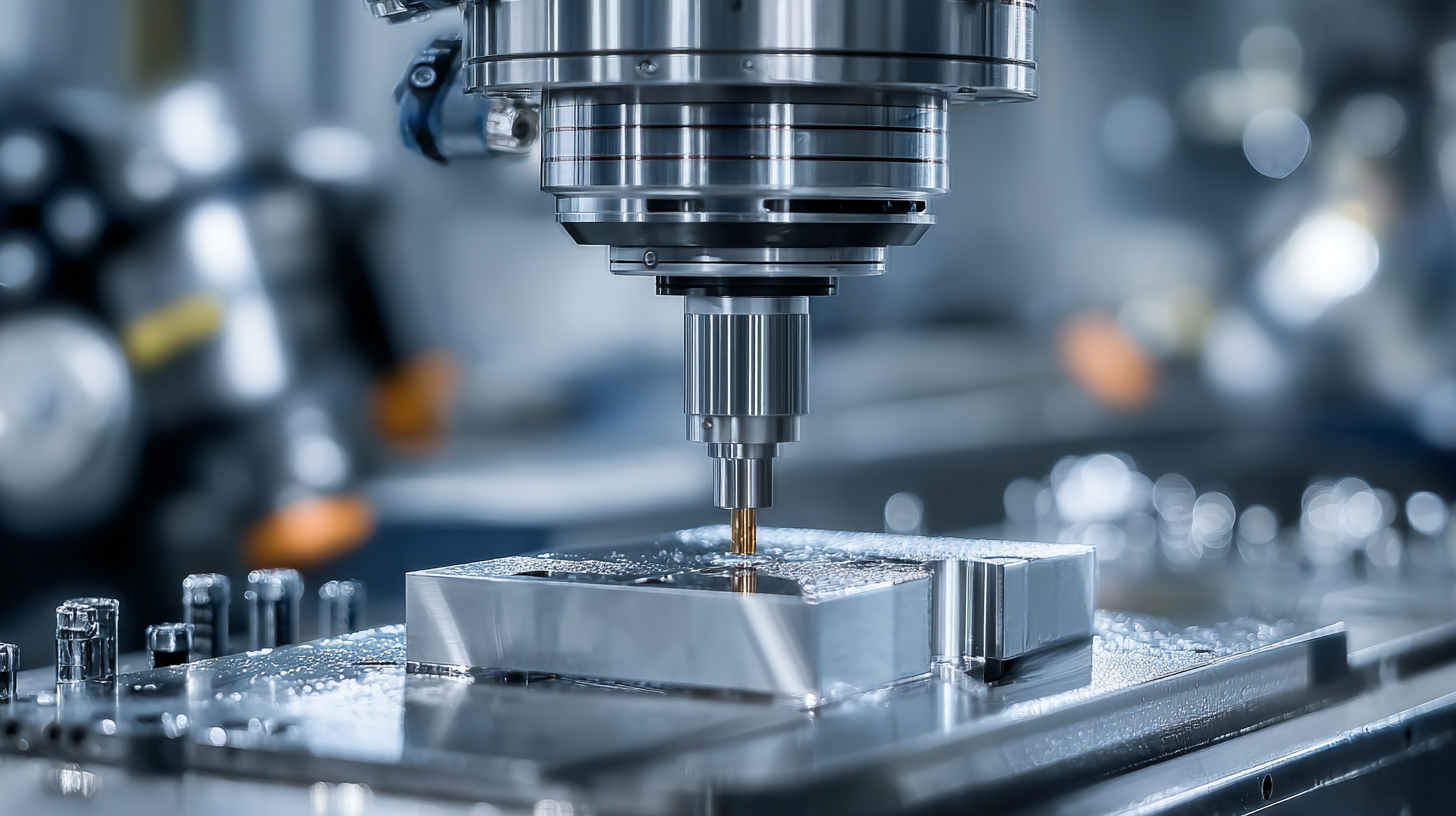
Contact
3295 Cobb International Blvd.
Kennesaw, GA 30152
800-367-1377
sale@patiostools.com
Info
© 2023 - Marsh Instruments

